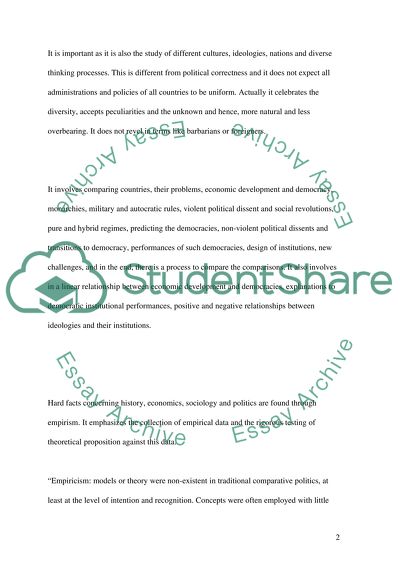Cite this document
(“Comparative Politics Essay Example | Topics and Well Written Essays - 1500 words - 1”, n.d.)
Retrieved from https://studentshare.org/politics/1515844-comparative-politics
Retrieved from https://studentshare.org/politics/1515844-comparative-politics
(Comparative Politics Essay Example | Topics and Well Written Essays - 1500 Words - 1)
https://studentshare.org/politics/1515844-comparative-politics.
https://studentshare.org/politics/1515844-comparative-politics.
“Comparative Politics Essay Example | Topics and Well Written Essays - 1500 Words - 1”, n.d. https://studentshare.org/politics/1515844-comparative-politics.


